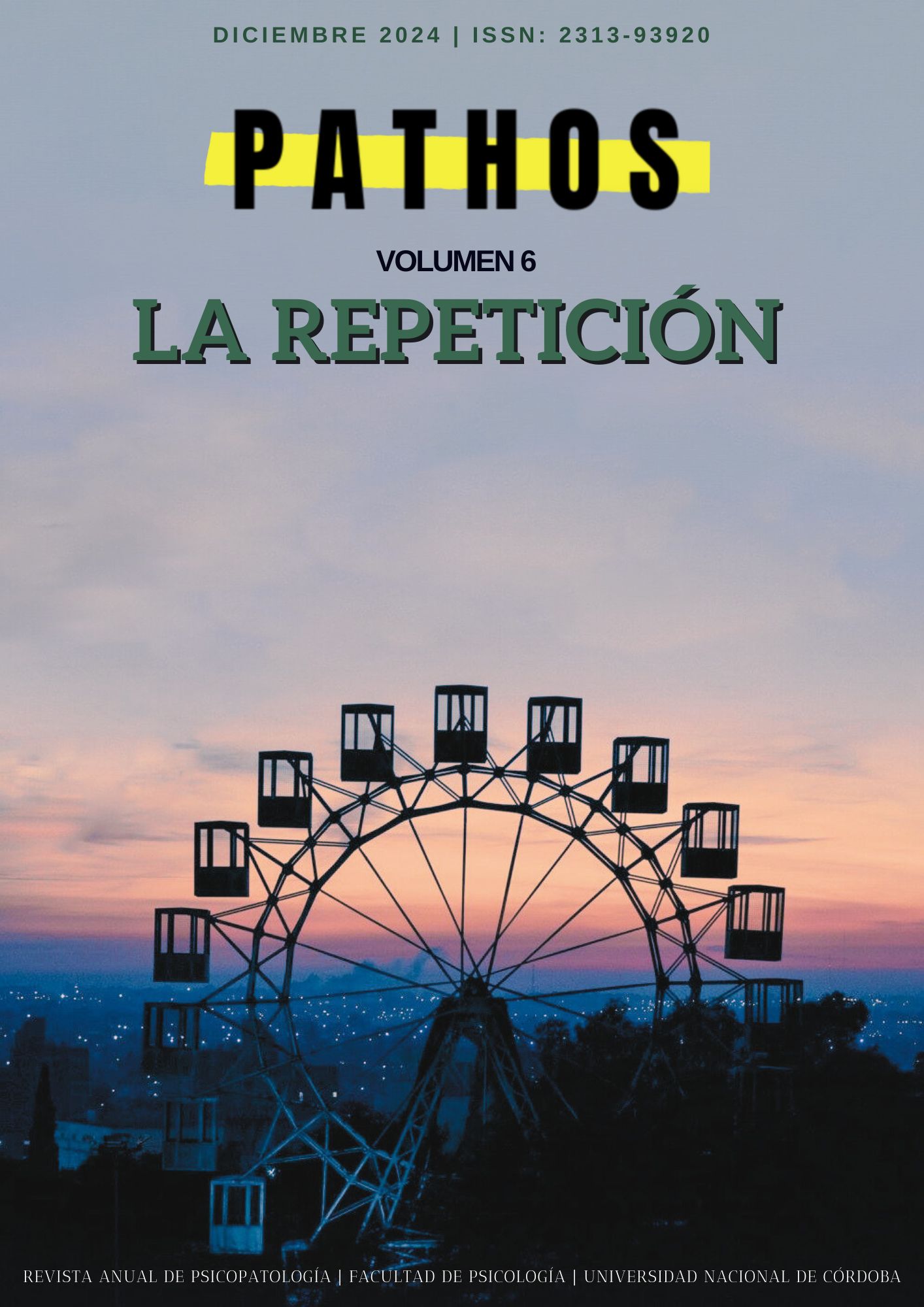Tyché and Automaton in Urgent Care Clinics
Keywords:
Urgent care, repetition, tyche, automaton, AwakeningAbstract
From a psychoanalytic perspective, the experience of urgency represents a break, a rupture that usually leaves the subject without resources to maintain the relative balance with which their life unfolds. A failed encounter with the real, the accident of tyché, produces a collapse in the automatism of repetition, giving urgency the appearance of timelessness. In this context, the analyst's intervention will propose the introduction of a time for symbolic elaboration of that which, at first, appears meaningless. This elaboration will not aim to restore the situation to a previous point but rather to subjectivize the urgency, making the encounter with an analyst an opportunity to inspire and foster an awakening.
Downloads
References
Bassols, M. (2016, enero-abril). El cuerpo hablante y sus estados de urgencia. Freudiana, (76). Recuperado de: https://freudiana.com/el-cuerpo-hablante-y-sus-estados-de-urgencia/
Freud, S. [1900] (2010). La interpretación de los sueños. En J. Strachey (ed.) y J. L. Etcheverry (trad.), Obras Completas (2da. ed., Vol. 4-5). Buenos Aires. Amorrortu Editores.
Freud, S. [1914] (1991). Recordar, repetir, reelaborar. En J. Strachey (ed.) y J. L. Etcheverry (trad.), Obras Completas (2da. ed., Vol. 12, pp. 145-157). Buenos Aires. Amorrortu Editores.
Lacan, J. [1953-1954] (2019). El Seminario 1: Los escritos técnicos de Freud. En J. Granica, (ed.) y R. Cevasco y V. Mira Pascual (trad.), El seminario de Jacques Lacan (1ra. ed.). Buenos Aires. Paidós.
Lacan, J. [1964] (2007). El Seminario 11: Los cuatro conceptos fundamentales del psicoanálisis. En J. Granica, (ed.) y J. L. Delmont-Mauri y J. Sucre (trad.), El seminario de Jacques Lacan (1ra. ed.). Buenos Aires. Paidós.
Miller, J-A. (2011). Donc. La lógica de la cura. Los cursos psicoanalíticos de Jacques-Alain Miller (1ra. ed.). Buenos Aires. Paidós.
Seldes, R. (2019). La urgencia dicha (1ra. ed.). Buenos Aires. Colección Diva.
Sotelo, I. (2007). Clínica de la urgencia (1ra. ed.). Buenos Aires. JCE.
Sotelo, I. y Fazio, V. (2019). Empleo del tiempo lógico en el abordaje psicoanalítico de situaciones de violencia familiar en la consulta de Urgencia en Salud Mental. Buenos Aires. Anuario de Investigaciones de la Facultad de Psicología de la UBA, Volumen 26, pp. 295-301.
Walker, L. [1979] (2009). The Battered Woman Syndrome (3a. ed.). New York. Springer Publishing Company.
Downloads
Published
Issue
Section
License
Copyright (c) 2024 María Ines Sotelo, Vanesa Patricia Fazio

This work is licensed under a Creative Commons Attribution-NonCommercial-ShareAlike 4.0 International License.
Attribution - Non-Commercial - Share Alike (by-nc-sa): No commercial use of the original work or any derivative works is permitted, distribution of which must be under a license equal to that governing the original work.










